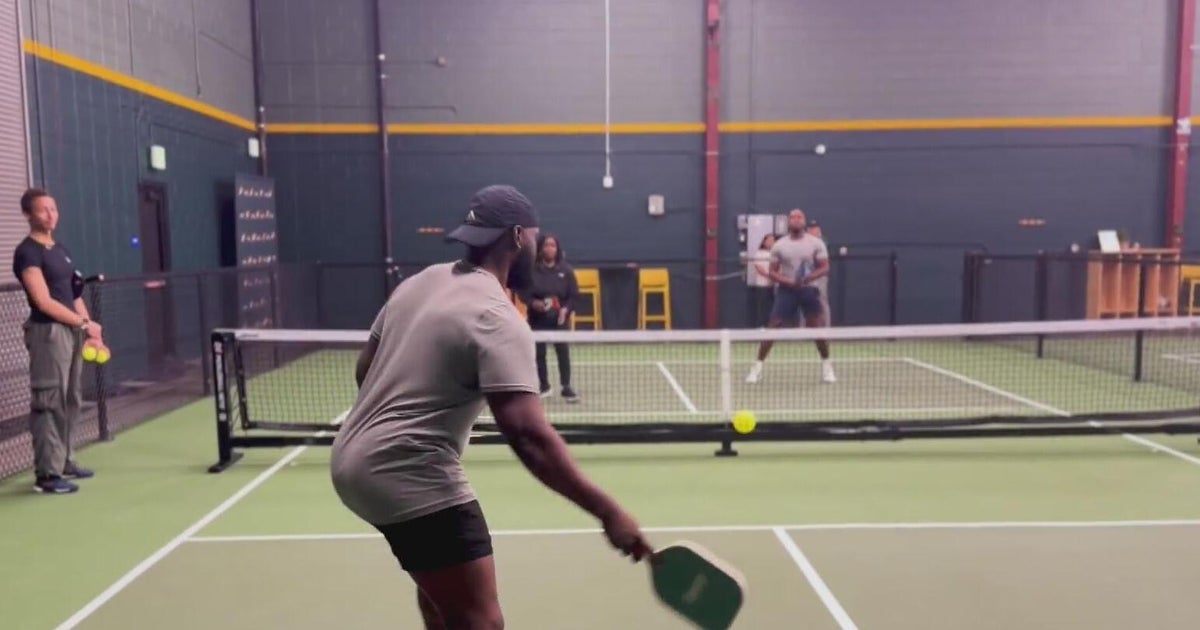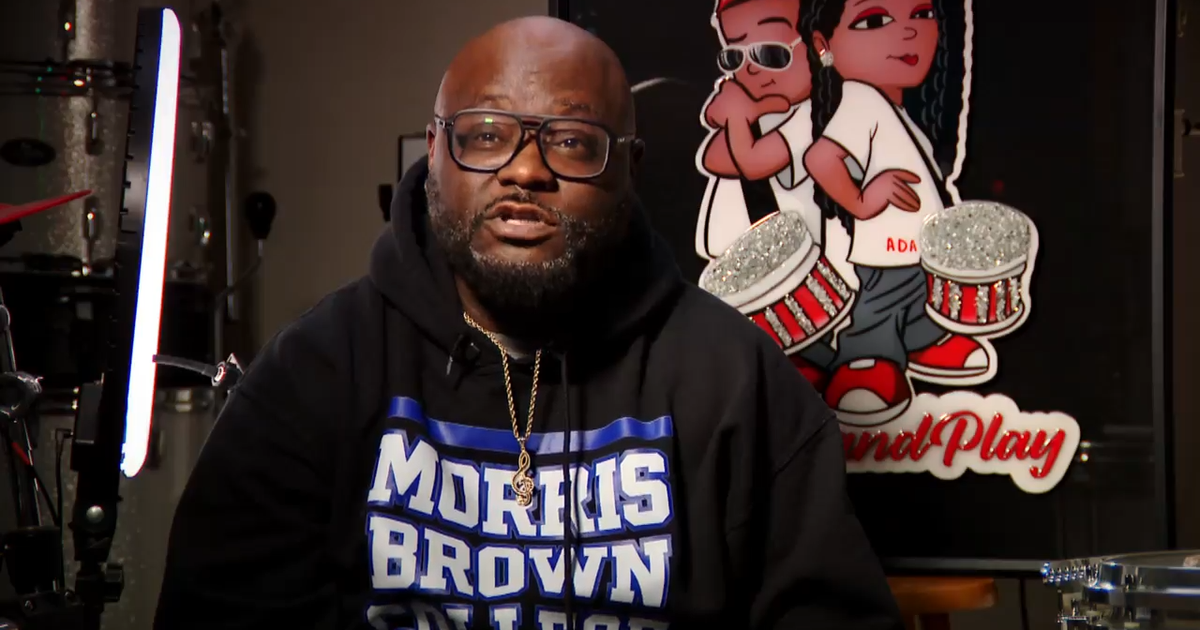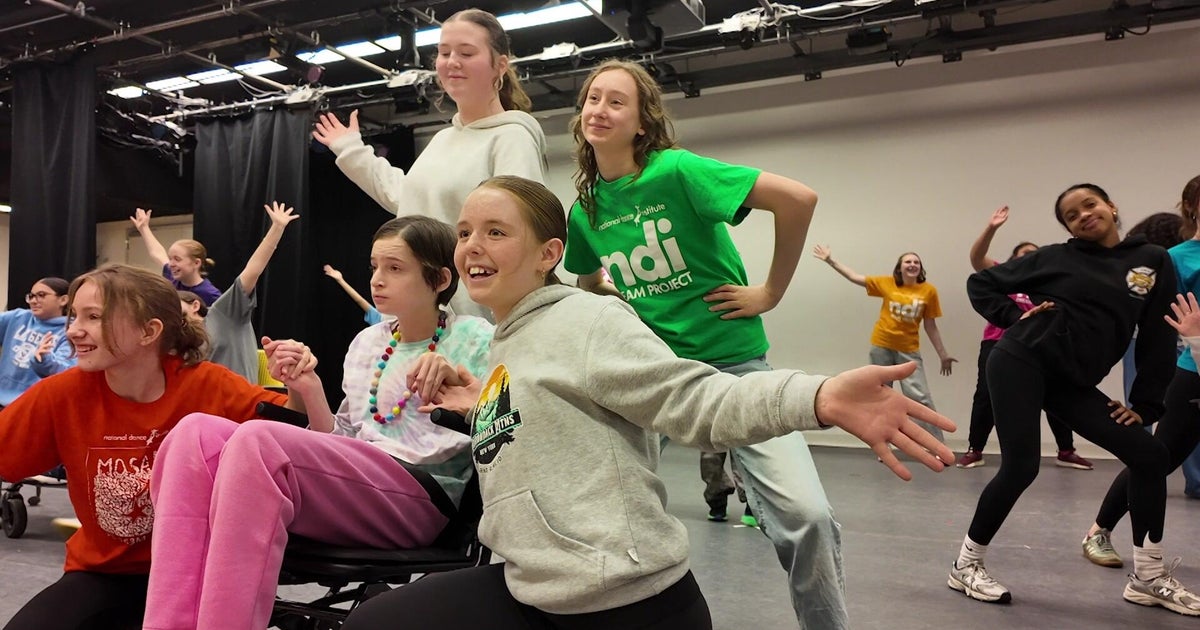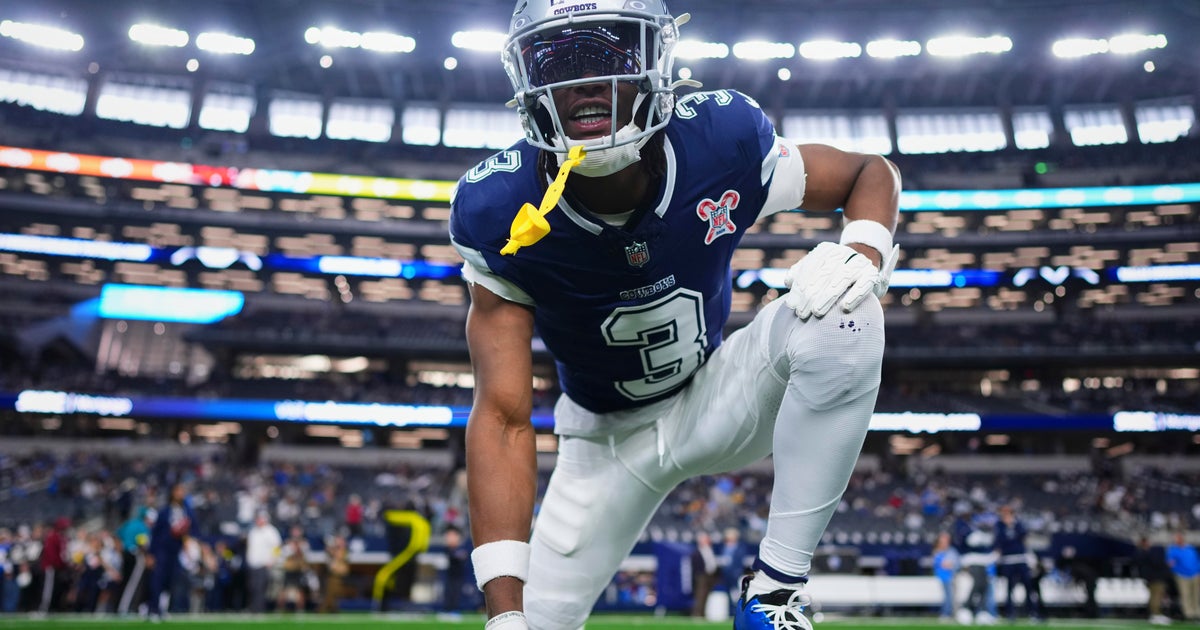Concussion Expert: No Tackle Football For Kids Under 14; Modify Soccer, Hockey
BOSTON (CBS) - Young bodies need exercise, but some of the sports kids are playing could be doing more harm than good.
A leading researcher on concussions, based in Boston, is proposing some very tough guidelines about when it is OK for kids to play anything from football to soccer.
But, football is America's sport and kids love to play it.
Kristen Stephenson of Brookline says her 12-year-old son is addicted to it.
"He gets up two hours before practice and has his uniform on. He can't walk when he gets off the field because they have worked him so hard, but he is smiling."
Gaylord Minnett used to smile when he played football, but one single play changed that.
"I just remember hitting him head on, and I'm walking away from the hit and all I see is white, and I'm like, 'Oh my God', where am I right now?"
That was one of a dozen times Gaylord got a concussion. That's when the brain slams so hard against the skull it bruises, swells, and often bleeds.
"My memory is still kind of off, and I slur words," said Minnett.
Dr. Robert Cantu of the B.U. School of Medicine has studied the impact of concussions extensively.
"The young child is particularly vulnerable to brain injury," he said.
He is now advocating strict guidelines on when children should participate in contact sports.
"We believe that kinds under the age of 14 should not play collision sports as they are currently played. We believe they should not be playing tackle football."
Although football, both youth and professional, has been the focus of neurological studies, Dr. Cantu says that is not the only sport he's focused on.
"What can be modified is in ice hockey: No full body checking until the age of 14. And in the sport of soccer, it simply means playing soccer but not heading the ball until the age of 14," he added.
Arkey Taylor, who coaches Pop Warner in Brookline-Jamaica Plain, told WBZ-TV the league is making changes to keep kids safe.
"They want to prevent a lot of head to head contact."
Even the National Football League has enlisted Tom Brady's star power to improve football's reputation.
He's featured in a PSA which highlights research initiated by the league.
Dr. Cantu is sticking to his tough guidelines because research is showing the consequences of concussions are severe.
"Cognitive impairments and structural impairments in the brain can be incurred by playing football for a season, even if the athlete didn't sustain any recognized concussions," added Dr. Cantu.







